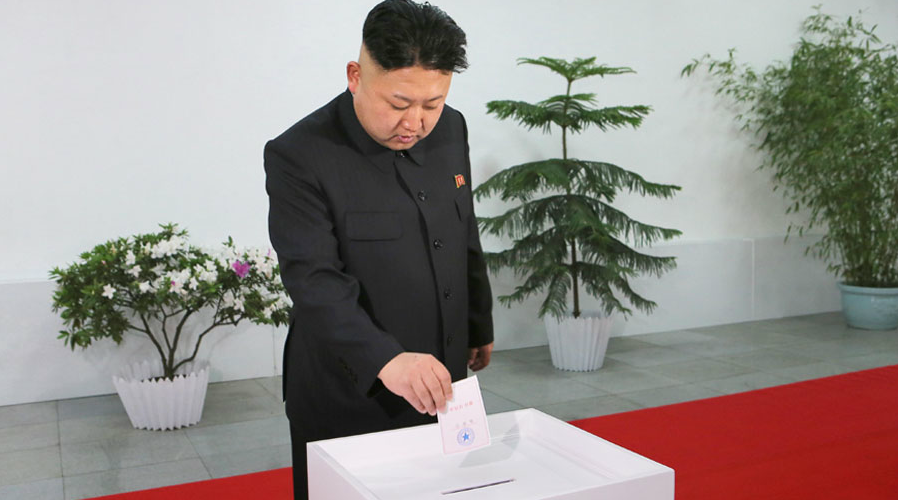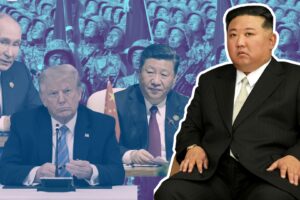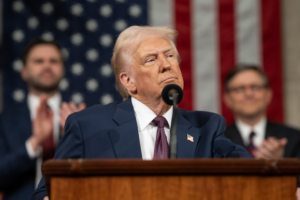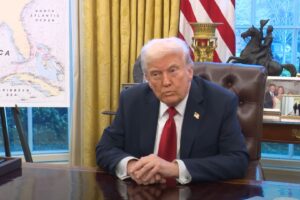North Korea has published the results of elections for the 13th Supreme People’s Assembly through the state-run news outlet KCNA on March 11. The report by the Central Electoral Committee revealed the names and districts of 686 of the 687 delegates elected on March 9 – Kim Jong Un’s election to the 111th district having been reported earlier.
The outcome of the election – which is predetermined by the Worker’s Party of Korea (WPK) and a few smaller, loyal parties through selection of only one candidate per district – is not surprising. Instead, it confirms the rising importance of members of the “third-generation leadership” and the declining influence of many older figures.
North Korea has published the results of elections for the 13th Supreme People’s Assembly through the state-run news outlet KCNA on March 11. The report by the Central Electoral Committee revealed the names and districts of 686 of the 687 delegates elected on March 9 – Kim Jong Un’s election to the 111th district having been reported earlier.
The outcome of the election – which is predetermined by the Worker’s Party of Korea (WPK) and a few smaller, loyal parties through selection of only one candidate per district – is not surprising. Instead, it confirms the rising importance of members of the “third-generation leadership” and the declining influence of many older figures.
Try unlimited access
Only $1 for four weeks
-
Unlimited access to all of NK News: reporting, investigations, analysis
-
Year-one discount if you continue past $1 trial period
-
The NK News Daily Update, an email newsletter to keep you in the loop
-
Searchable archive of all content, photo galleries, special columns
-
Contact NK News reporters with tips or requests for reporting
Get unlimited access to all NK News content, including original reporting, investigations, and analyses by our team of DPRK experts.
Subscribe
now
All major cards accepted. No commitments – you can cancel any time.











